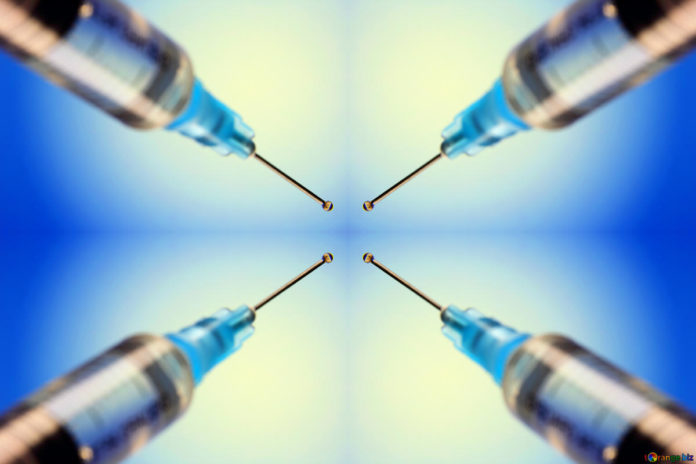India is going all out to look to indigenous solutions to the COVID19 problem, even started a hackathon for new ideas on drugs and vaccines
Of the over 100 vaccine candidates around the world against the Novel Coronavirus Disease (COVID19), about eight are from India. Of these four are in relatively advanced stages, Dr Vinod Paul, member Niti Ayog said on Thursday.
However, no Indian vaccine or collaboration by an Indian company is till now at the stage of a clinical trial, said Professor K Vijayraghavan, principal scientific advisor to the government of India. Dr Paul and Professor Vijayraghavan are co-chairs of the task force on scientific developments on COVID19. The total number of cases in the country touched 1,58,333 with the addition of 6566 cases and 194 deaths in the last 24 hours. A total of 1,19,976 samples were tested in the last 24 hours taking the total to 33.62 lakh.
A conglomeration of research efforts have resulted in new tests and testing kits. These include new tests for detection of the virus and also for antibody detection
On vaccines, it was pointed out that the process is usually slow and fraught with uncertainties. But, in order to succeed against COVID-19 a large number of parallel efforts are needed. This is being done globally and nationally. Indian academia and start-ups are working on vaccine candidates in the very strong Indian vaccine industry. There are three kinds of attempts being made. The first are indigenous efforts. The second are globally collaborative efforts where Indian organisations are taking a lead role and the third is Indian participation in global efforts. With such a large portfolio, followed by efforts at risk- mitigation for manufacturing and stockpiling, success is better assured.
“On drug discovery, our scientific efforts take three approaches. The first is the repurposing of extant drugs to see how effective they are against the virus and in mitigating the consequences of the disease. Second, Phyto-pharmaceuticals and extracts from medicinal plants are being tested. Finally, using a variety of approaches, new drug discovery including a ‘Hackathon’ for computational drug discovery is being undertaken,” Vijayraghavan said.
A conglomeration of research efforts have resulted in new tests and testing kits. These include new tests for detection of the virus and also for antibody detection. The latter are being used for serological studies.
The speed of these developments is made possible by the collaborative efforts of our scientists, institutions and science agencies. The regulatory system has also been closely engaged, combining speed with quality.


